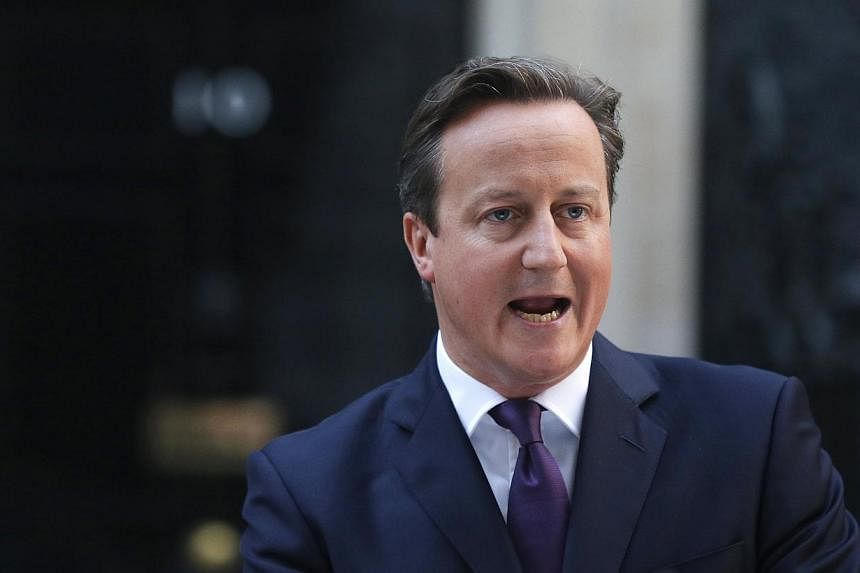"The people of Scotland have spoken, and it's a clear result," a visibly relieved British Premier David Cameron said, standing outside the iconic door of his Downing Street official residence.
And with good reason. The results of the Scottish independence referendum are decisive: 55.3 per cent voted "no" to separation from the United Kingdom, against 44.7 per cent who voted "yes".
This is a higher margin of support for the status quo than anything a British politician dare to expect.
Voter turnout was a record 84.6 per cent, beating the previous record for a UK vote of 84 per cent, set in the 1950 British general election.
"So now it is time for our United Kingdom to come together, and to move forward," Cameron urged his people.
But this triumph masks some awkward question for the country's political class.
The "no" camp enjoyed a headstart ever since October 2012, when a decision was taken by Cameron to hold such a referendum in order to take the sting out of Scottish nationalists, who are in control of Scotland's regional government.
And every single opinion poll conducted since then has consistently put those who intended to vote against Scottish independence firmly in the lead, sometimes by as much as a 20 per cent margin.
However, as ballot day approached, it was the nationalists who made all the running, and the prospect of an independent Scotland, once dismissed as a remote, impractical dream of some fringe activists in kilts, suddenly looked a distinct possibility.
The fact that this has not happened is largely due to a desperate campaign effort by politicians from both Cameron's ruling Conservatives and the opposition Labour party, who have joined hands in trying to keep the country united.
It is also due to the fact that the Scottish nationalists, led by the capable Alex Salmond, underestimated the voters' fear of the unknown, particularly among wealthier, middle-class constituencies. A resounding "no" to independence in Edinburgh, Scotland's capital, is particularly stinging for the nationalists and should raise serious questions about Salmond's political future.
Cameron and his London ministers won't get much time to savour their victory either. The prime minister is now committed to a series of constitutional reforms intended not only to answer Scotland's grievances but also those of the majority English, as well as the Scots and Northern Irish, all of whom have their own distinct identity but none of whom enjoys the large measure of autonomy which Scotland already has.
It will be a messy, prolonged affair. Having lived together in their current political structure for over three centuries with no written constitution, the people of the UK are now likely to develop sudden taste for such documents.
And for scores of other referendums in the years to come.

